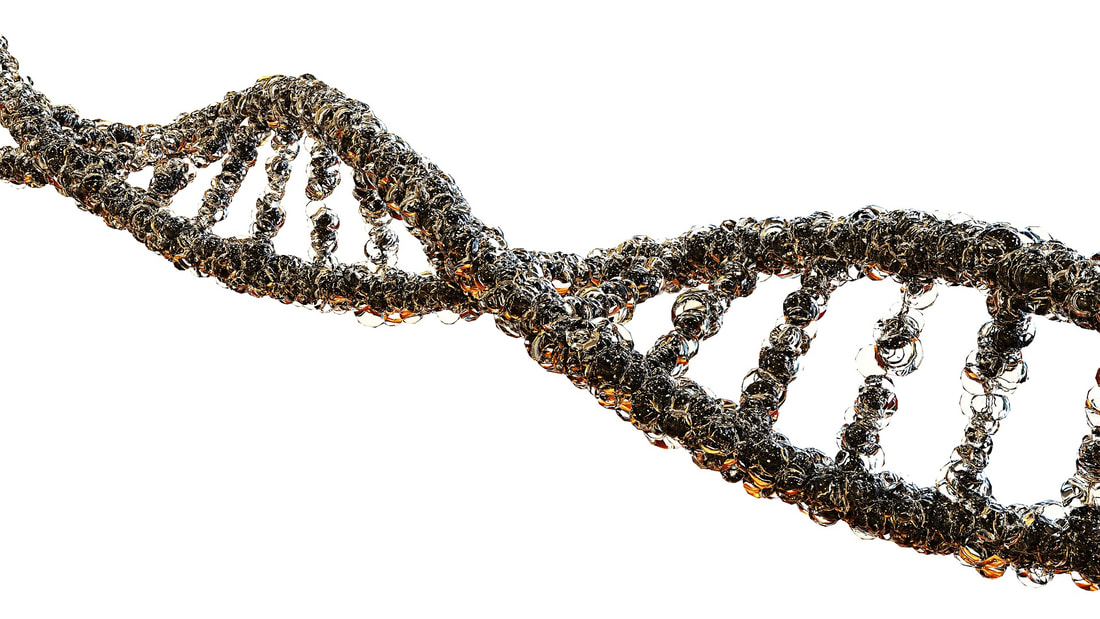What influences human behavior? And why is there so much variation? Is it biology or culture? We are born with biological systems (circulatory, digestive, endocrine, exocrine, immune, lymphatic, muscular, nervous, reproduction, respiration, skeletal, and excretory) that are authored by DNA and were set in motion a long time ago. Culture includes things like psychological framework, perceptions, beliefs, language, biases, and rituals. DNA is transcribed through a biological process. Culture is transmitted through a relationship system. The interplay of biology and culture materializes in the epigenome where DNA is regulated in response to an ever-changing culture. These epigenetic changes are passed on from one generation to the next. What exactly is being passed along in this mix of biology and culture? It is the collective ability of the human to adapt and be flexible in the face of challenges.
Dr. Murray Bowen’s concept of the family emotional process includes the basic life forces of togetherness and separateness (individuality). The togetherness force in the family, and in larger relationship systems, shapes the culture. The force for togetherness moves people to participate in the family and larger group experiences (culture) through common feelings, thinking, and behavior. Bowen observed that as anxiety increases in the family unit, the force for togetherness also increases. In response to this increase, there are two predictable reactions. One reaction is the rebellious response which pushes back against the family. It can include the refusal to participate in the cultural ethos. Others respond by doubling down to demand, from within the family and the broader culture, more adherence to cultural expression. These reactions to increases in anxiety are automatic which means there is a biological component.
Congregations of different faiths have been struggling with the cultural push back against organized religion. It is possible that the cultural shifts that have led to a decline in religious expression and an increase in cases of isolation may have something to do with the interplay of biology and culture. As humans adapt to a changing environment, current cultural expressions of beliefs and practices are no longer serving the purpose of adaption. In other words, the current demands on human biology are leading to new adaptive ways of thinking and believing which are leading to a change in cultural expression. So, a new way of thinking (a shift in beliefs and culture) is needed if humans are to move forward. This is the current struggle facing religion.
Must we give up all religious beliefs and practices? That’s hardly the case when you consider how useful some beliefs and practices have been to billions of people over thousands of generations. However, belief and practices need to continue to adapt and shift just as they have for thousands of generations. People are hungry for a redefining of culture and cultural expression. Congregations are looking for ways to redefine beliefs and religious expressions. They are looking for a system of beliefs and practices that are useful to the challenges people are facing. This is an adaptive process this is both biological and cultural. Congregations who are examining the challenges they face are engaging new, creative practices that will eventually rewrite our cultural narrative, and impact our biology all the way down to our DNA for generations to come. No one has figure it out, although it is certainly not from a lack of effort. The answer will one day explode onto the cultural scene. How is your faith community adapting and developing beliefs and practices that help individuals and families adapt to change?

 RSS Feed
RSS Feed